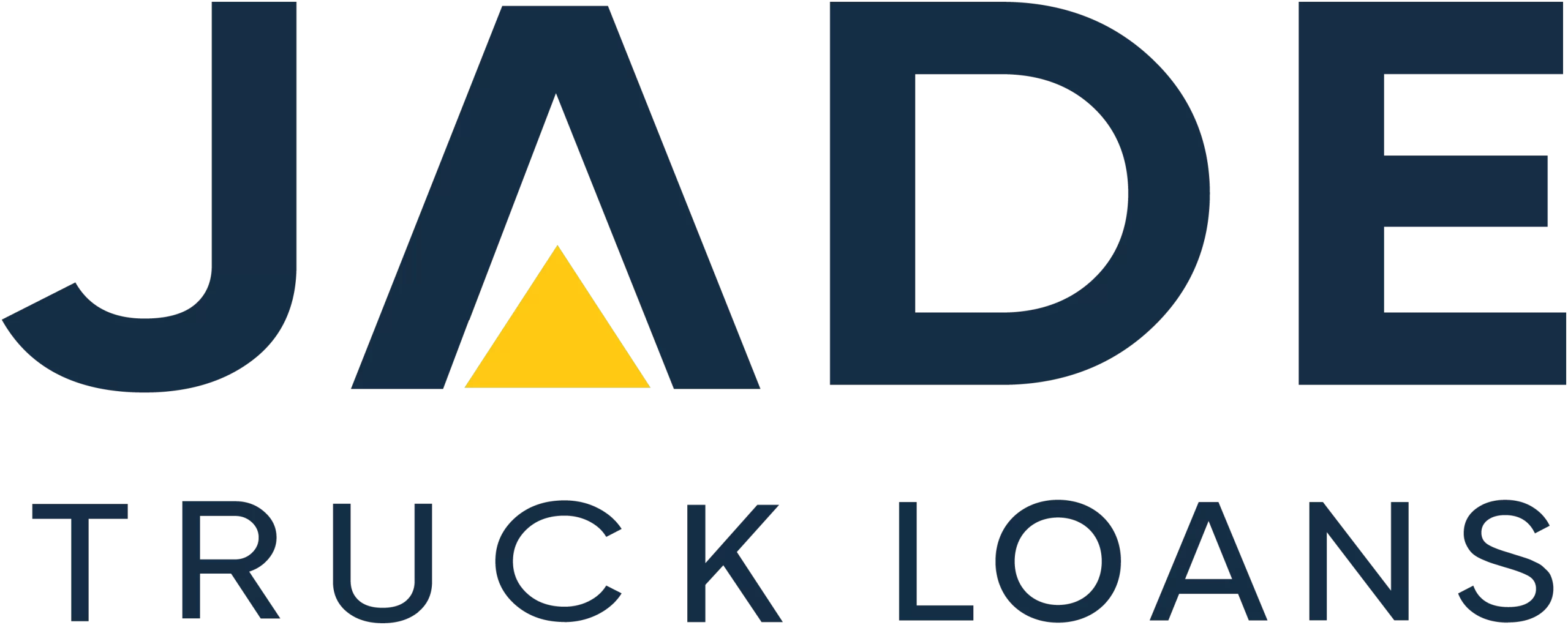The Australian Bureau of Statistics (ABS) released the September quarter inflation figures on Wednesday 26 October, revealing a 1.8% increase for the period. The result lifts Australia’s inflation rate to its highest since 1990, at 7.3%. For truck owners and operators the latest inflation figures may raise questions around how this will effect truck finance interest rates for new vehicles.
The ABS announcement was made a day after the Treasurer Jim Chalmers delivered the Federal Budget with no direct and immediate relief for the pressures currently being faced by rising costs of living. The Treasurer noted that global factors are a major contributor to energy price increases.
What’s not included in the latest inflation figures will be the effect of the current flood situation in Victoria’s high-producing regions on food prices. This will play out over coming weeks and months and will no doubt add to inflation and will be revealed in the next quarterly inflation reports from the ABS.
September Quarter Inflation Figures
The ABS is responsible for collating and reporting on key economic data including the CPI, Consumer Price Index, that is, the rate of inflation. On 26 October the ABS reported the inflation results for the quarter ending 30 September.
The Australian Bureau of Statistics (ABS) has revealed a 1.8% uptick in the Consumer Price Index (CPI), resulting in an annual inflation rate of 7.3%. Michelle Marquardt, ABS Program Manager of Prices, noted that the September quarter increase mirrored the figures seen in the June quarter. However, she pointed out that the 1.8% rise in September was lower than the 2.1% increase observed in the March quarter.
These figures mark the highest quarterly results since the introduction of the Goods and Services Tax (GST) in 2000, culminating in the most elevated inflation rate since 1990. The report attributes the most significant contributions to the September rise to new dwellings, furniture, and gas.
Marquardt explained that the increase in new dwellings prices stemmed from heightened labor expenses driven by shortages in the construction sector workforce and ongoing material scarcities, which placed upward pressure on prices. She highlighted that the growth rate of new house prices moderated in September, indicating a decrease in demand and some alleviation in supply constraints.
Regarding gas prices, the consumer felt the impact of higher wholesale prices during the quarter. While electricity saw a 3.2% surge in the September quarter, national increases were mitigated by electricity credits offered by certain state governments. Marquardt emphasized that without these credit schemes, electricity costs would have risen by 15.6% instead of the recorded 3.2%.
Food prices recorded a 3.2% increase, propelled by a 2.9% surge in takeaway and dining out expenses, attributed to elevated ingredient costs, wages, and transportation charges. Fruit prices soared by 6.6%, and vegetable prices saw a 2.9% rise, both influenced by heightened input costs and weather-related impacts.
The quarterly CPI growth was somewhat balanced by a 4.3% decrease in auto fuel prices, reflecting drops in crude oil prices. Among the notable contributors to the annual CPI rise of 7.3%, new dwellings accounted for 20.7% and auto fuel for 18%.
The September quarter marked two consecutive quarters of robust price inflation for the new housing sector since reporting began in 1999. Beyond increased costs, the reduced availability of HomeBuilder and other grant programs compared to the same period in 2021 played a role.
Regarding the 9.6% surge in goods' prices, the ABS considers this the highest recorded since 1983. Goods prices continued to outpace services prices, with a 4.1% increase for services. Non-discretionary services and goods experienced an 8.4% increase, while discretionary items saw a 5.5% rise.
Truck Finance Interest Rates
The highest inflation figures since 1990 and another 1.8% spike this quarter does not bode well for interest rates in general. While a further cash rate rise was already expected at the Reserve Bank Board’s 1 November meeting, that appears now to be a certainty and possibly higher than most had initially hoped for.
At its October meeting the RBA Board appeared to start a slowing in the rate of increases, calling a 0.25% rise after five months of 0.5% increases. Many had hoped, and possibly expected, this slowing to continue and another 0.25% increase for November. But the 1.8% rise in inflation in the September quarter now has analysts expecting another 0.5% cash rate rise for November.
It should be noted, that the 7.3% inflation rate at this time of 2022 is possibly not completely unexpected. The RBA had for some time forecast that inflation would reach 7.75% this year. The CBA has upgraded its expectations to 8% inflation this year.
Anticipating potential upward shifts in the cash rate due to the September inflation figures, it's reasonable to expect corresponding hikes in lending rates across various markets, including the realm of truck finance. Nonetheless, the landscape remains nuanced, with lenders exercising their discretion in response to rate adjustments. In certain instances, lenders might even proactively implement rate increments, acting in advance of RBA decisions. To secure the Best Truck Loan Rates amid these dynamic market conditions, a strategic approach to loan assessment and selection is imperative.
This scenario underscores the criticality of securing the most competitive interest rate for truck finance. In this regard, our role as Consumers Individual Lending Professional becomes paramount. Leveraging our vast array of bank and non-bank lender accreditations, we're adept at expeditiously identifying the most economical truck loan options for buyers. It's important to recognize that rates exhibit variances within the truck finance market, and opportunities for savings can be unlocked by establishing connections with lenders that extend these more cost-effective rates.
With further rate rises expected before the end of the year, operators are once again strongly urged to move on truck buys with finance as quickly as possible. To make informed decisions and secure the best possible terms, it's advisable to Compare Truck Loans & Finance Options From Major Lenders.
Contact Jade Truck Loans on 1300 000 003 for cheaper rates on truck finance .
DISCLAIMER: THIS INFORMATION IS ISSUED PURELY FOR THE PURPOSE OF GENERAL INFORMATION PROVISION. IT IS NOT TO BE TAKEN AS THE ONLY SOURCE OF INFORMATION FOR BASING FINANCIAL DECISION-MAKING. THOSE REQUIRING FINANCIAL GUIDANCE AND ADVICE SHOULD CONSULT WITH THEIR FINANCIAL CONSULTANT OR ADVISOR. NO LIABILITY IS ACCEPTED FOR ANY MISREPRESENTATION OF POLICIES, DATA OR ERRORS IN THIS CONTENT.


 " alt="">
" alt="">